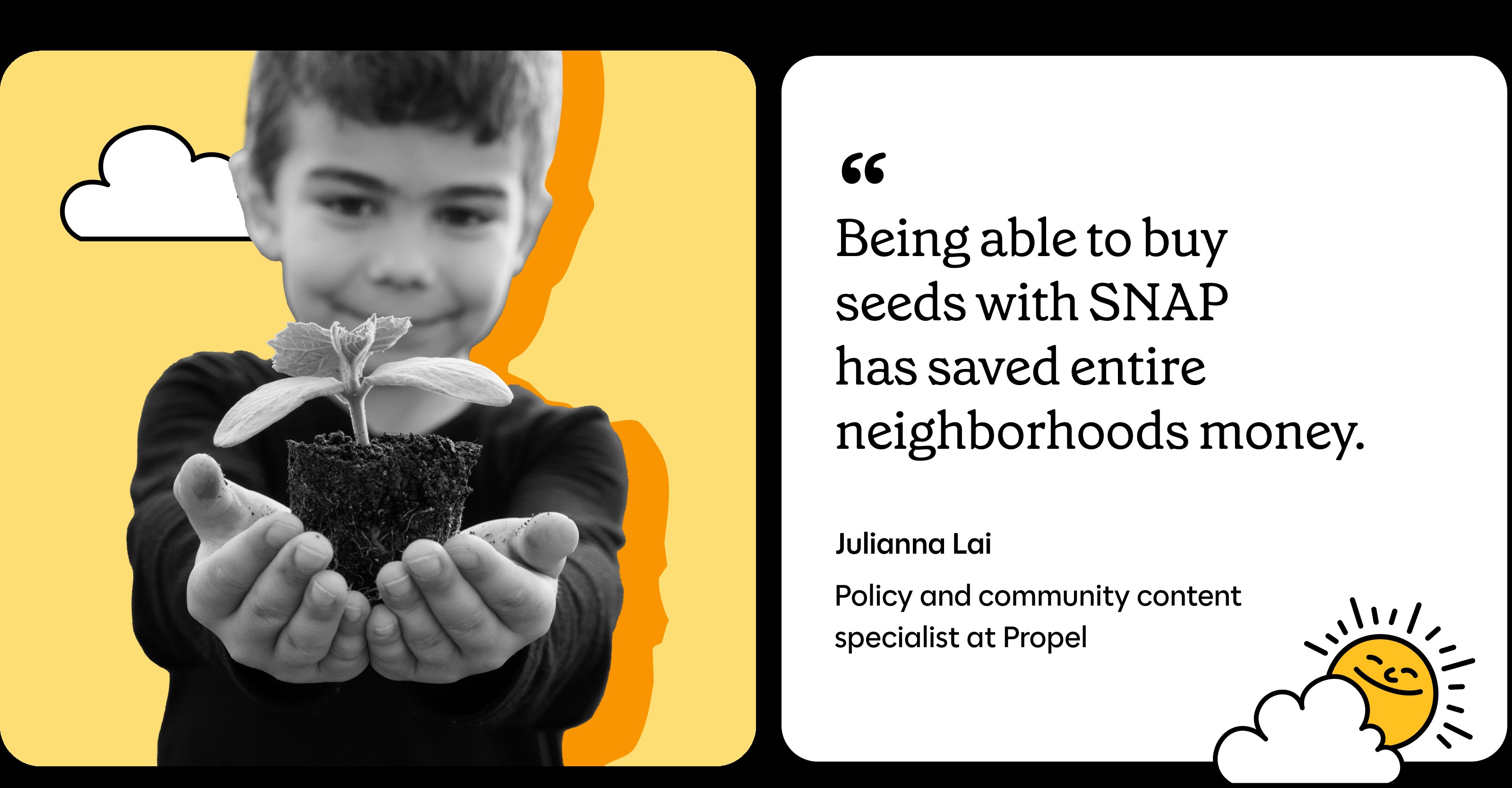Understanding what you can purchase with your EBT card (also known as food stamps or SNAP benefits) can be confusing. While your EBT card acts like a debit card, it’s specifically for SNAP-eligible items to help low-income households afford groceries. You might be surprised at the range of items covered, from birthday cakes to food baskets. But what about nutritional supplements like protein powder? If you’re looking to boost your protein intake, especially on a budget, you might be wondering, Will Food Stamps Buy Protein Powder? Let’s dive into the details.
SNAP/EBT Basics: What You Can Generally Buy
Before we focus on protein powder, it’s helpful to remember the general categories of food you can purchase with SNAP benefits. These typically include:
- Fruits and vegetables
- Meat, poultry, and fish
- Dairy products (cheese, yogurt, etc.)
- Bread and cereals
- Snack foods (chips, popcorn, crackers)
- Non-alcoholic beverages (cold when sold)
- Food-producing seeds and plants
- Ground coffee, coffee beans, or pods
These categories cover the staples for a balanced diet, but where do items like protein powder fit in?
Protein Powder and SNAP Eligibility: It Depends on the Label
The key to determining if you can buy protein powder with food stamps lies in the product’s label. The USDA’s SNAP guidelines differentiate between items with a “Nutrition Facts” label and those with a “Supplement Facts” label. This distinction is crucial for understanding EBT eligibility.
Protein powders with a “Nutrition Facts” label are generally SNAP-eligible. These are considered food products by the Food and Drug Administration (FDA).
Protein powders with a “Supplement Facts” label are typically NOT SNAP-eligible. The FDA classifies these as supplements, similar to vitamins or medications, which are not covered by SNAP benefits.
How to Tell the Difference: Nutrition Facts vs. Supplement Facts
It’s easy to distinguish between these labels:
-
Nutrition Facts Label: This label provides detailed information about the product’s nutritional content, including calories, carbohydrates, fats, protein, vitamins, and minerals, usually presented in a standardized format.
-
Supplement Facts Label: This label primarily lists ingredients and serving size, often focusing on the active ingredients and may not provide a comprehensive nutritional breakdown like a “Nutrition Facts” label.
Look for the “Nutrition Facts” label on your protein powder to increase the chances of it being SNAP-eligible.
Why the Label Matters for SNAP
The SNAP program aims to support the purchase of food for consumption and nutritional needs. Products labeled as “supplements” are often viewed as having medicinal or health-enhancing purposes beyond basic nutrition, and therefore fall outside the scope of SNAP benefits.
This distinction applies to other items as well. For instance, as mentioned in the original article regarding energy drinks and meal replacement shakes:
- Energy drinks/shakes with a “Nutrition Facts” label can be SNAP-eligible.
- Energy drinks/shakes with a “Supplement Facts” label are not SNAP-eligible.
This consistent labeling rule helps determine EBT eligibility across various product types.
Protein Powder as a Nutritional Support Item
Protein powder can be a valuable nutritional tool, especially for individuals and families facing food insecurity. It can:
- Increase protein intake: Protein is essential for muscle building, repair, and overall health. Protein powder can be a convenient way to boost protein consumption, particularly for those with limited access to diverse protein sources or those with increased protein needs.
- Support meal replacement: Some protein powders are designed as meal replacements, providing a balance of macronutrients and calories. These can be helpful for quick meals or snacks when time or resources are limited.
- Enhance dietary intake: For individuals struggling to meet their nutritional needs through whole foods alone, protein powder can be a supplementary source of essential nutrients, contributing to overall dietary adequacy.
Given these nutritional benefits, especially within the context of SNAP’s goal to combat food insecurity, the eligibility of protein powder with a “Nutrition Facts” label aligns with the program’s objectives.
Other SNAP-Eligible Nutritional Support Items
Besides protein powder (with the correct label), SNAP benefits can also be used for other nutritional support items, as highlighted in the original article:
- Meal replacement shakes: Again, check for the “Nutrition Facts” label.
- Protein or snack bars: These are generally considered food and are SNAP-eligible.
- Infant formula and baby food: Crucial for households with young children, these are covered by SNAP.
These examples demonstrate that SNAP aims to support a range of food items that contribute to nutritional well-being, extending beyond just basic groceries.
Tips for Buying Protein Powder with EBT/SNAP
To increase your chances of successfully purchasing protein powder with your EBT card:
- Check the Label: Before heading to the checkout, carefully examine the protein powder container for a “Nutrition Facts” label. This is the primary indicator of SNAP eligibility.
- Choose Food-Based Protein Powders: Opt for protein powders that are marketed as food products or meal replacements rather than dietary supplements. These are more likely to have the desired “Nutrition Facts” label.
- Shop at Authorized SNAP Retailers: Ensure you are shopping at stores that accept SNAP benefits. Most major grocery stores and supermarkets are authorized retailers.
- Be Prepared for Variation: While the label rule is consistent, store policies or employee interpretations might vary. If you encounter an issue at checkout, politely explain that the product has a “Nutrition Facts” label and should be SNAP-eligible. You can also refer to the USDA SNAP guidelines if needed.
Beyond Protein Powder: Maximizing Your SNAP Benefits
Understanding SNAP eligibility for items like protein powder is just one aspect of making the most of your benefits. Remember that SNAP covers a wide array of nutritious foods. To further stretch your food budget, consider these strategies mentioned in the original article:
- Farmers Markets: Many farmers markets accept SNAP and often offer programs like “Double Up Food Bucks” or “Market Match,” effectively doubling your purchasing power for fresh produce.
- Online Grocery Shopping: Several retailers like Instacart and ALDI allow online grocery shopping with EBT, offering convenience and access to a wider selection.
- Military Commissaries: If eligible, military commissaries offer discounted groceries and accept SNAP, waiving the surcharge for SNAP recipients.
By exploring these options and understanding the nuances of SNAP eligibility, you can effectively utilize your benefits to access a variety of nutritious foods, potentially including protein powder, and support a healthy diet for yourself and your family.
In conclusion, yes, you can buy protein powder with food stamps (EBT/SNAP) if it has a “Nutrition Facts” label. Always check the packaging before purchase, and remember that SNAP is designed to help you access a wide range of food items to support your nutritional needs.
 Close-up image of protein powder container with nutrition facts label.
Close-up image of protein powder container with nutrition facts label.
